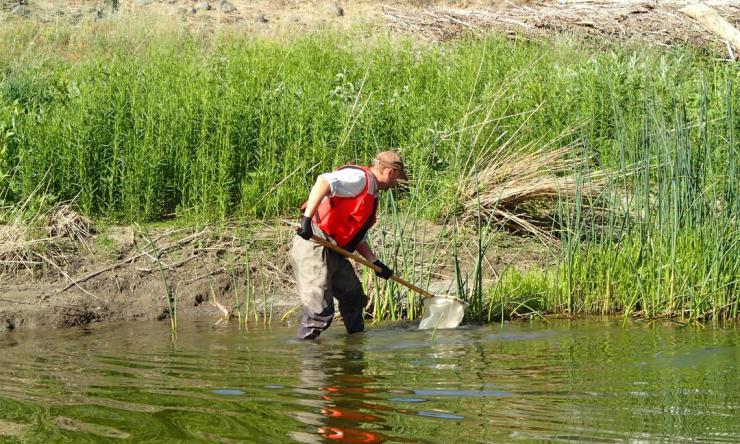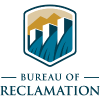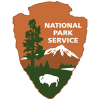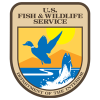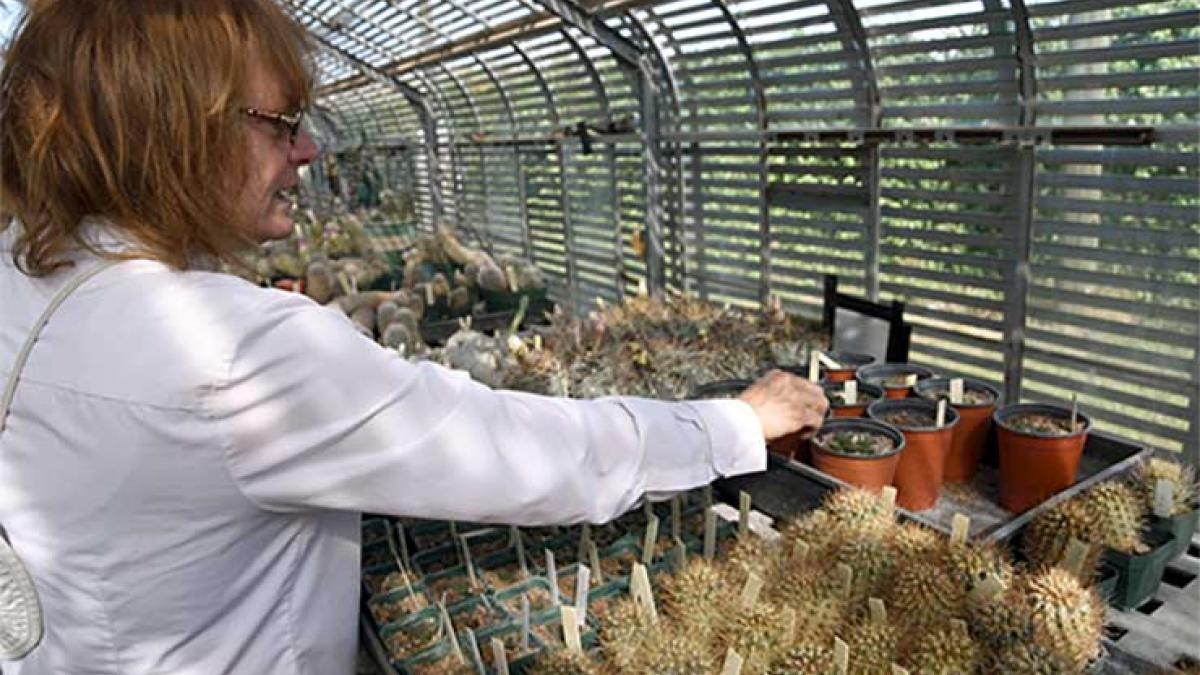
Botany
Position Overview
Botanists at the Department of the Interior apply their technical expertise to provide guidance on native plant development, manage threatened plant species, and ensure responsible planning and development on Federal lands.
This position is represented at the following bureaus
Candidate Description
The ideal candidate has professional expertise with botanical concepts, principals, laws, and regulations and communicate this expertise verbally and in writing in a clear and concise manner.
Work Environment
Work is performed in both an office environment and outdoors in the field. Field work conditions may involve walking over steep, rough, or rocky terrain, hiking through dense brush or over snow, and exposure to wildlife and inclement weather.
Minimum Education Requirements
Please see the Individual Occupation Requirements and the Professional and Scientific Positions Group Qualification Standard on the OPM websites.
Career Level Requirements
Responsibilities by Level
Entry:
- Completes botanical surveys and clearances as the project inspector
- Assists in implementing habitat improvement or restoration projects
- Monitors and surveys sensitive species and their habitats
- Utilizes Geographic Information Systems (GIS) and Global Position System (GPS) technology to conduct plant surveys, identify impacts to threatened species, or evaluate inventory and monitoring of plant populations
- Analyzes populations and distributions of sensitive species and makes recommendations for protection or management
Mid:
- Evaluates proposed development projects to assess impacts to resources and recommends mitigation for those impacts
- Develops vegetation plans for restoration, and directs plant inventory and monitoring plans; Locates local sources of native plants and materials for restoration projects
- Develops and provides training for other staff
- Recommends species to be placed on sensitive plants list
- Develops and reviews environmental documents relating to all manner of land disturbance activities at the local levels
Journey:
- Assesses and analyzes local, regional, and national goals and relates them to programs and action plans
- Advises management of probable changes in ecological systems emphasis
- Establishes and maintains cooperative relationships with user groups, academic institutions, or other government entities
- Authors and reviews botanical sections of large scale management plans
- Develops budget and sets spending priorities at the regional or state level, and develops regional contracts for botanical inventory and restoration
Senior:
- Formulates policy, goals, objectives, and establishes priorities and strategies for major program areas
- Provides technical counsel to other offices, groups, and teams
- Identifies funding priorities for program areas
- Serves on interdisciplinary teams
Strengths by Level
-
AccountabilityHolds self and others accountable for measurable high-quality, timely, and cost-effective results. Determines objectives, sets priorities, and delegates work. Accepts responsibility for mistakes. Complies with established control systems and rules.Show Tool TipEntry 5-7Mid 9-11Journey 12-13Senior 14-15
-
Attention to DetailIs thorough when performing work and conscientious about attending to detail.Show Tool TipEntry 5-7Mid 9-11Journey 12-13Senior 14-15
-
ComplianceKnowledge of procedures for assessing, evaluating, and monitoring programs or projects for compliance with Federal laws, regulations, and guidance.Show Tool TipEntry 5-7Mid 9-11Journey 12-13Senior 14-15
-
Creative ThinkingUses imagination to develop new insights into situations and applies innovative solutions to problems; designs new methods where established methods and procedures are inapplicable or are unavailable.Show Tool TipEntry 5-7Mid 9-11Journey 12-13Senior 14-15
-
Customer ServiceWorks with clients and customers (that is, any individuals who use or receive the services or products that your work unit produces, including the general public, individuals who work in the agency, other agencies, or organizations outside the Government) to assess their needs, provide information or assistance, resolve their problems, or satisfy their expectations; knows about available products and services; is committed to providing quality products and services.Show Tool TipEntry 5-7Mid 9-11Journey 12-13Senior 14-15
-
EntrepreneurshipPositions the organization for future success by identifying new opportunities; builds the organization by developing or improving products or services. Takes calculated risks to accomplish organizational objectives.Show Tool TipEntry 5-7Mid 9-11Journey 12-13Senior 14-15
-
FlexibilityIs open to change and new information; adapts behavior or work methods in response to new information, changing conditions, or unexpected obstacles; effectively deals with ambiguity.Show Tool TipEntry 5-7Mid 9-11Journey 12-13Senior 14-15
-
Influencing/NegotiatingPersuades others to accept recommendations, cooperate, or change their behavior; works with others towards an agreement; negotiates to find mutually acceptable solutions.Show Tool TipEntry 5-7Mid 9-11Journey 12-13Senior 14-15
-
Interpersonal SkillsTreats others with courtesy, sensitivity, and respect. Considers and responds appropriately to the needs and feelings of different people in different situations.Show Tool TipEntry 5-7Mid 9-11Journey 12-13Senior 14-15
-
Oral CommunicationExpresses information (for example, ideas or facts) to individuals or groups effectively, taking into account the audience and nature of the information (for example, technical, sensitive, controversial); makes clear and convincing oral presentations; listens to others, attends to nonverbal cues, and responds appropriately.Show Tool TipEntry 5-7Mid 9-11Journey 12-13Senior 14-15
-
Organizational AwarenessKnows the organization's mission and functions, and how its social, political, and technological systems work and operates effectively within them; this includes the programs, policies, procedures, rules, and regulations of the organization.Show Tool TipEntry 5-7Mid 9-11Journey 12-13Senior 14-15
-
PartneringDevelops networks and builds alliances; collaborates across boundaries to build strategic relationships and achieve common goals.Show Tool TipEntry 5-7Mid 9-11Journey 12-13Senior 14-15
-
Problem SolvingIdentifies problems; determines accuracy and relevance of information; uses sound judgment to generate and evaluate alternatives, and to make recommendations.Show Tool TipEntry 5-7Mid 9-11Journey 12-13Senior 14-15
-
Project ManagementKnowledge of the principles, methods, or tools for developing, scheduling, coordinating, and managing projects and resources, including monitoring and inspecting costs, work, and contractor performance.Show Tool TipEntry 5-7Mid 9-11Journey 12-13Senior 14-15
-
ReasoningIdentifies rules, principles, or relationships that explain facts, data, or other information; analyzes information and makes correct inferences or draws accurate conclusions.Show Tool TipEntry 5-7Mid 9-11Journey 12-13Senior 14-15
-
TeamworkEncourages and facilitates cooperation, pride, trust, and group identity; fosters commitment and team spirit; works with others to achieve goals.Show Tool TipEntry 5-7Mid 9-11Journey 12-13Senior 14-15
-
Technical CompetenceUses knowledge that is acquired through formal training or extensive on-the-job experience to perform one's job; works with, understands, and evaluates technical information related to the job; advises others on technical issues.Show Tool TipEntry 5-7Mid 9-11Journey 12-13Senior 14-15
-
WritingRecognizes or uses correct English grammar, punctuation, and spelling; communicates information (for example, facts, ideas, or messages) in a succinct and organized manner; produces written information, which may include technical material, that is appropriate for the intended audience.Show Tool TipEntry 5-7Mid 9-11Journey 12-13Senior 14-15
Common Pathways
Candidates who made this career change most commonly held these occupations...
Natural Resources Management and Biological Sciences
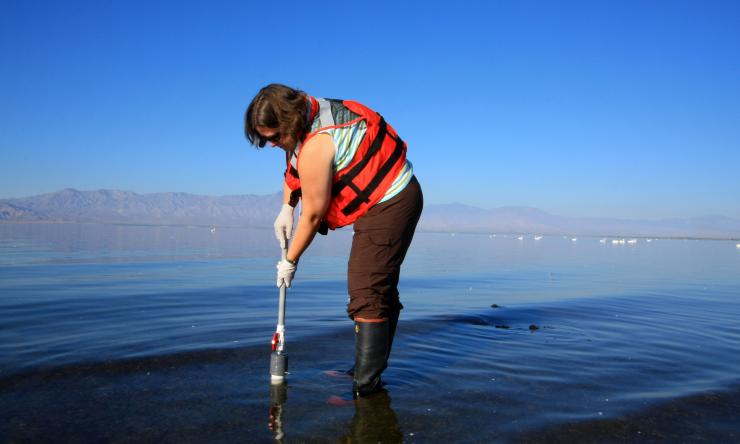
Biological Science Technician
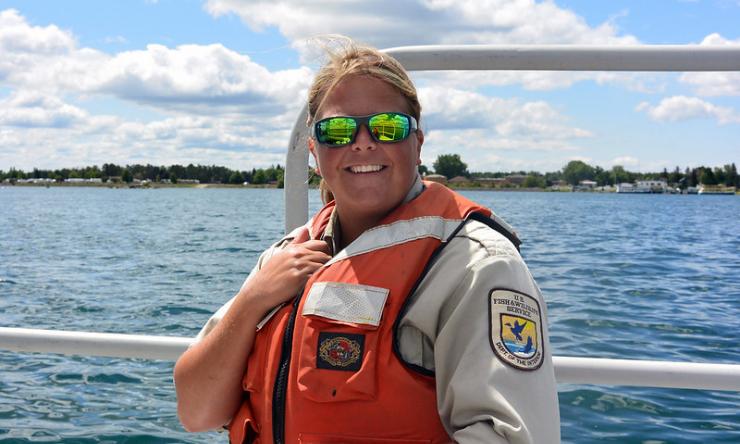
Ecology
